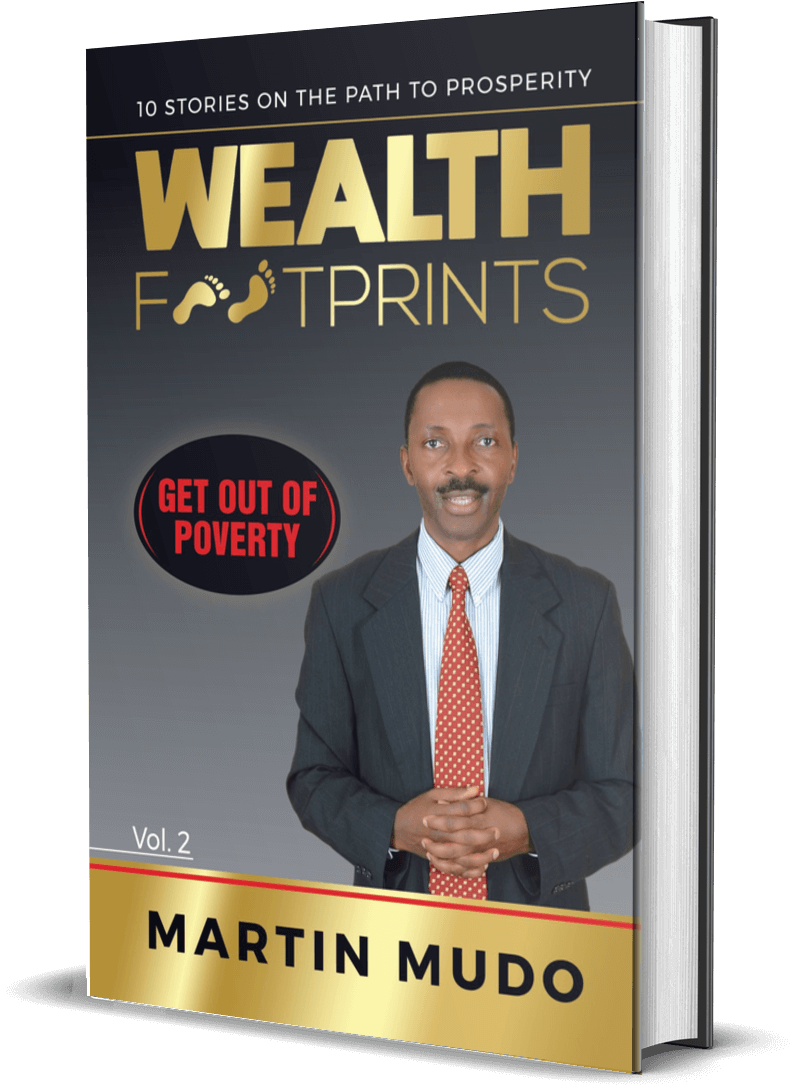

Firstly, coming from a disadvantaged background can often lead to developing a constrained mindset. This can cause one to undervalue oneself and continually set modest goals. The belief that wealth is unattainable, and an affluent lifestyle is beyond one's worth becomes ingrained. Such a perspective can limit the types of relationships you form and kill any initiative, leaving no desire to push yourself beyond your comfort zone.
Regardless of the circumstances, remaining true to oneself should always be the chosen course of action. When you exhibit genuine authenticity, adhere to your principles, and express your beliefs clearly, you gain the trust and support of others. People must trust you to follow your lead. Integrity is a fundamental aspect of authenticity, and it's essential to maintain it in every aspect of life.
In most developed democracies, hard work and discipline are typically regarded as catalysts for social ascension. When examining the extent of poverty in America, it can be staggering. However, it's worth noting that numerous immigrant families who journey to America often experience success. This is generally attributed to their tendency to establish stable family units and exhibit a stronger work ethic compared to many native-born Americans who are similarly disadvantaged.
In medical counsel, many individuals willingly place their faith in well-intentioned persons, often shelling out significant amounts on assorted imaging procedures diagnostic evaluations and seeking the expertise of various medical specialists. They may pursue additional viewpoints, engage more experts, and harness the web to cross-check every perspective.

Paperback $19.95
Kindle $9.83
Buy Paperback Edition Buy Kindle Edition
The book is directly aimed at families who feel financially constrained, offering guidance from the author’s experiences and knowledge as a financial guide.
The emphasis on the importance of understanding and managing finances suggests the book is for those who lack this knowledge but are eager to learn to improve their economic situation.
The author's commitment to tackling poverty will resonate with social workers, policymakers, and advocates looking for effective ways to address and eliminate poverty.
The narrative speaks to individuals on a journey to achieve financial autonomy and security, providing inspiration and a blueprint for navigating the financial world successfully.
Would you like free coaching from Martin Mudo or any other information? Please fill out this form.